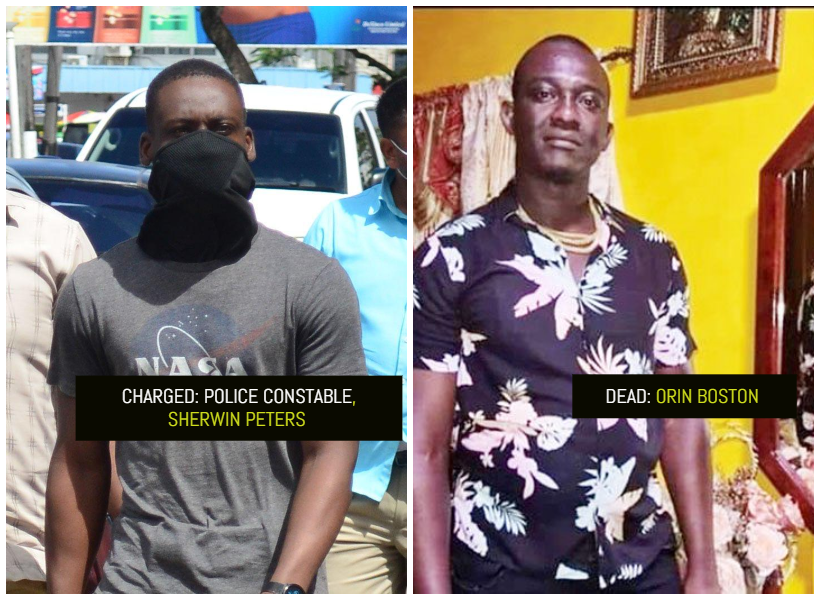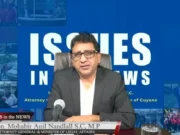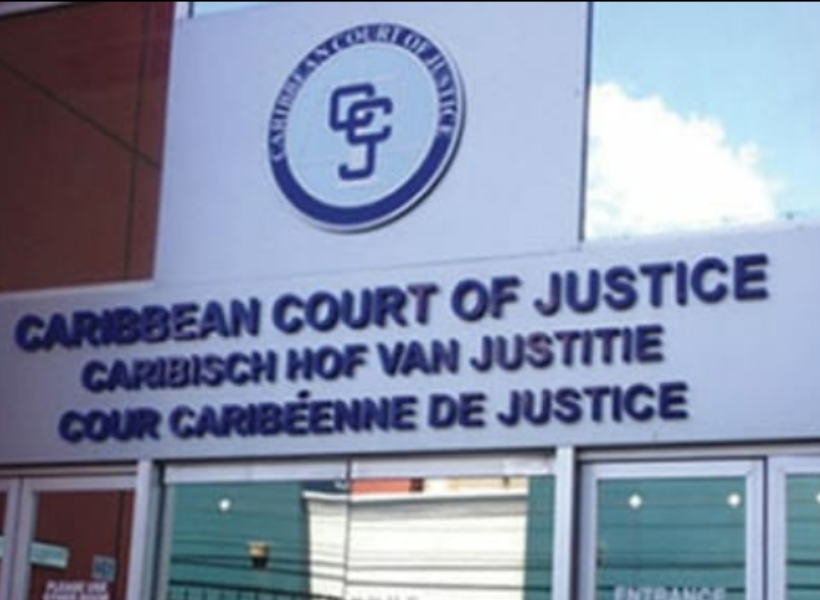Every year, during the month of June, Lesbian, Gay, Bi-Sexual, Transgender and Queer (LGBTQ) people come together to peacefully protest and raise awareness of issues affecting the community. Known as Pride Month across the globe, this year marks the 50th anniversary of annual LGBTQ+ Pride traditions.Pride Month honours the 1969, Stonewall Uprising in Manhattan, New York, U.S.A
Research shows that The Stonewall Uprising was a tipping point for the Gay Liberation Movement in the USA. The LGBTQ community held a series of spontaneous, often violent demonstrations in retaliation of a raid which had took place in the State. During the protest, members of the community called for the establishment of places where gays and lesbians could go and be open about their sexual orientation, and that in such places, there should be no fears of being arrested.
Pride Month is not only a time to celebrate love, but also a time to champion equality and LGBTQ rights.
And without these incredible activists, LGBTQ rights movements in Guyana might not have been where it is today.
In honour of Pride Month, Guyana Standard wishes to highlight the bravery of street-based trans sex workers whose arrest in 2009 saw them challenging the constitutionality of Guyana’s colonial time cross-dressing law, and emerging victorious.
In 2009, Quincy McEwan, Seon Clarke, Joseph Fraser, Seyon Persaud were arrested for cross-dressing and loitering. With support from local and regional legal agencies, they challenged the constitutionality of Guyana’s cross-dressing law. And in 2018, the Caribbean Court of Justice (CCJ) ruled that the law was unconstitutional and violated an individual’s right to freedom of expression, and ordered that it be struck out
“Black and brown trans sex workers of the streets have been leading the revolution across the globe agitating the established violent colonial structures. Black and brown trans sex workers are courageous and unapologetic because too often they know from an early age that these streets ain’t easy and survival isn’t a game, it is a strategy of resistance,” noted Guyana Trans United, an organization which aims to improve the quality of life of trans Guyanese, and to ensure their rights are recognized and upheld in all domains.
LANDMARK RULING
On September 12, 2018, the CCJ ruled that a law in Guyana, which makes it a criminal offence for a man or a woman to appear in a public place while dressed in clothing of the opposite sex for an “improper purpose”, is unconstitutional. Against this backdrop, the regional court ordered that the law, Section 153(1)(xlvii) of the Summary Jurisdiction (Offences) Act, is to be struck from the laws of Guyana.
The aforesaid section makes every man who appears in “female attire” and every woman who appears in “male attire,” in any public way or public place “for any improper purpose,” liable to a fine of not less than $7,500 or more than $10,000.
This ruling was made in the case of Quincy McEwan, Seon Clarke, Joseph Fraser, Seyon Persaud and the Society Against Sexual Orientation Discrimination (SASOD) v The Attorney General of Guyana. The case began with the February 2009 arrest of the appellants, who according to the CCJ, identify as transgender persons. They were arrested, convicted and punished for cross-dressing in public. At the time of arrest, McEwan was dressed in a pink shirt and a pair of tights and Clarke was wearing slippers and a skirt. A few hours later, Fraser and Persaud were also arrested by the police and taken to the Brickdam Police Station. At the time, they were dressed in skirts and were wearing wigs.
While in custody, Fraser requested legal counsel, medical attention, a telephone call and that the police take a statement. However, those requests were denied. Meanwhile, McEwan, Clarke, Fraser and Persaud spent the entire weekend in police custody and they did not receive any explanation as to why they had been arrested and detained. They first learned of the charges of loitering and wearing female attire in a public place for “an improper purpose”, when they were taken to the Georgetown Magistrate’s Court on Monday, February 09, 2009.
They all pleaded guilty to the cross-dressing charge and McEwan, Clarke and Persaud were fined GYD$7,500 and Fraser was fined GY$19,500. Upon imposing the sentence, the Magistrate told them that they must go to church and give their lives to Jesus Christ and advised them that they were confused about their sexuality.
In conjunction with SASOD proceedings were brought in the High Court of Guyana challenging this law on several grounds, including that it is discriminatory and inconsistent with the Constitution of Guyana. However, both the High Court and the Court of Appeal in Guyana denied the constitutional challenges. The appellants took their case to the CCJ arguing that the law violated their constitutional rights to equality and non-discrimination and freedom of expression, thereby offending the rule of law.
The CCJ first examined the historical context surrounding law, which was enacted in Guyana in 1893, as part of the vagrancy laws of the post-emancipation era. The panel, comprising the court’s President Justice Adrian Saunders and Justices Jacob Wit, Winston Anderson, Maureen Rajnauth-Lee and Denys Barrow, agreed that this law was from a different time and no longer served any legitimate purpose in Guyana.
As a matter of fact, Justice Saunders reiterated, “Law and society are dynamic, not static. A Constitution must be read as a whole. Courts should be astute to avoid hindrances that would deter them from interpreting the Constitution in a manner faithful to its essence and its underlying spirit. If one part of the Constitution appears to run up against an individual fundamental right, then, in interpreting the Constitution as a whole, courts should place a premium on affording the citizen his/her enjoyment of the fundamental right, unless there is some overriding public interest.”
The CCJ also noted that Guyana’s Constitution protects its people from discrimination and states that no one is to be treated in a discriminatory manner by any public office or authority. The Court held that the law was also unconstitutionally vague, violated the appellants’ right to protection of the law and was contrary to the rule of law. A majority of the judges, President Saunders and Justices Wit and Barrow, also upheld the appeal on the basis that the law resulted in transgendered and gender nonconforming persons being treated unfavourably by criminalising their gender expression and gender identity.
Justice Anderson in his judgment commented that the law wrongly sought to criminalise a person’s state of mind as there is no test to determine what is an “improper purpose”. On the other hand, Justice Rajnauth-Lee’s opinion focussed on the vagueness of the law in question. The CCJ also found that the remarks made by the Magistrate, immediately after sentencing the appellants and while the Magistrate was still sitting, were inappropriate. According to the Court, “judicial officers may not use the bench to proselytise, whether before, during or after the conclusion of court proceedings. Secularism is one of the cornerstones upon which the Republic of Guyana rests.”
In the end, the Court ordered that Section 153(1)(xlvii) of the Summary Jurisdiction (Offences) Act be struck from the laws of Guyana and that costs are to be awarded to the appellants in the appeal before the CCJ and in the courts below.
But with no Law Reform Commission in place, and having regard to certain constitutional provisions which save colonial laws, like the Public Health Ordinance of British Guiana, Guyana is yet to comply with the CCJ’s directives to strike out the entire section of the law which prohibits cross-dressing. But some legal minds assert that the ruling of the CCJ effectively strips the impugned section from the law books.











